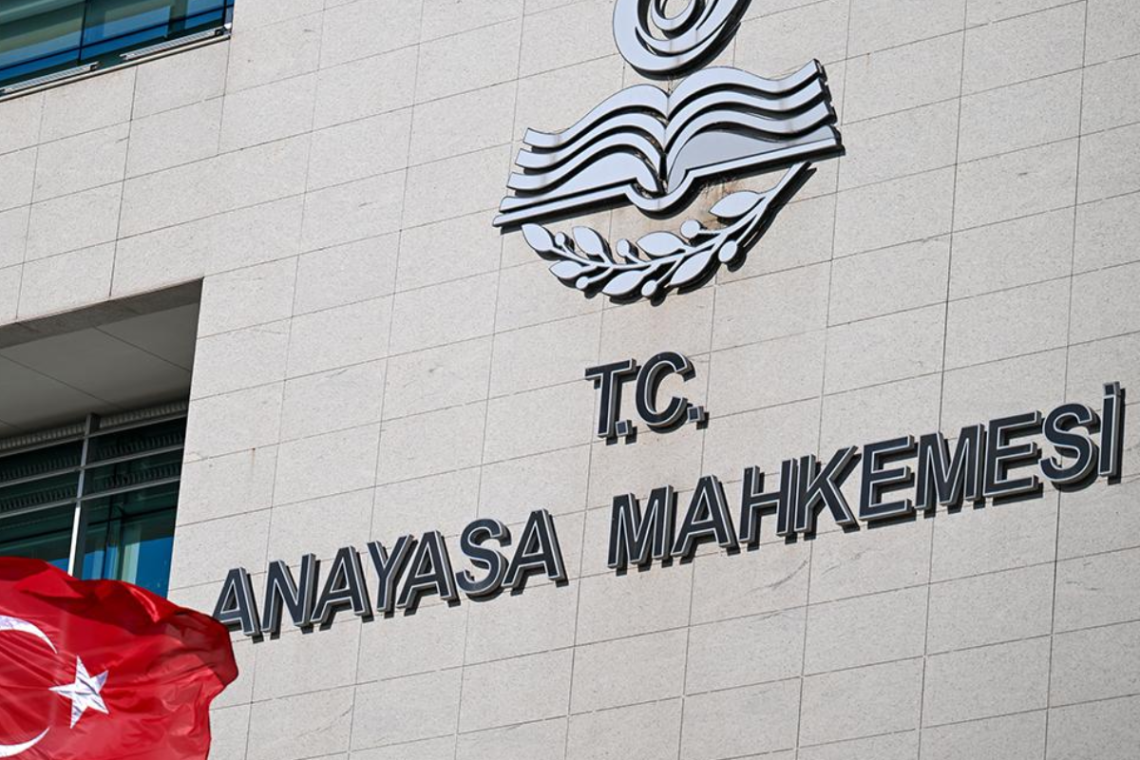This article, written by journalist Mehmet Baran Kılıç, is the second in our series Writing on Water.
I am new to the media, having only been a journalist for two years, but even in this short time, I have faced censorship numerous times, albeit not as frequently as my more experienced colleagues.
In fact, I encountered censorship for the first time in just the fourth month of my professional journalism career.
My first censored piece was about Murat Önder, who was appointed as the dean of the Faculty of Economics and Administrative Sciences at Boğaziçi University without following the university's usual procedures. The news story, published on November 8, 2022, detailed how Önder had a custom job posting created for himself. Although appointed as dean, Önder did not have a position at Boğaziçi and was trying to create one through various means. I also wrote about allegations of plagiarism against him. Three days later, an access ban was imposed on the article.
Access bans validate allegations
Having a painstakingly prepared news story blocked without its validity being questioned, being denied the right to respond, and being treated like a criminal was disheartening. However, to be honest, I later felt proud, thinking, "If it was banned, it must have made an impact."
In the end, I had just started my journalism career and wrote about allegations of irregularities. The story spread and caught attention, disturbing those implicated. So, the news had an effect. An access ban order is, in a way, a document confirming the truth of the allegations.
At Istanbul Technical University (İTÜ), the son of former Parliament Speaker Mustafa Şentop applied for a research assistant position. He came in second, and the announcement and exam were canceled due to "irregularities." The department heads were forced to resign, and the position was reopened with two spots, including special conditions to exclude strong competitors.
My reports on this situation, published on December 31, 2022, and January 3, 2023, created a significant impact, leading to an access ban on January 5. The favorable clause for Şentop’s son was removed the day after my report. A year later, I faced an investigation, but it was dismissed.
My colleagues at Diken congratulated me for producing a story that led to an access ban. One colleague referred to access bans as a "badge of honor."
Censorship of specific words
Besides access bans, there is another type of censorship where certain words are removed from the content. The news remains, but you are asked to censor specific words. For instance, such an order was issued for my story about the niece's husband of President Erdoğan being appointed to the board of trustees of Boğaziçi University Foundation.
Judges issue access bans without reviewing the news
From afar, censorship might seem limited to certain prominent stories. However, there is no discernible pattern or understandable process to these censorship decisions.
Current news about high-ranking political figures is censored alongside forgotten reports from the 1990s. Hilal Kaplan, while obtaining access bans for stories about her, also had a weather report blocked, as well as Metin Cihan’s posts on Israel-Turkey trade based on open sources.
Criminal Judgeships of Peace routinely block links brought before them, and agencies like the National Lottery Administration, the Turkish Football Federation, and even the Directorate of Religious Affairs’ High Council for Religious Affairs have the authority to impose access bans.
Furthermore, it is debatable whether judges thoroughly review the news and posts subject to access ban requests. For example, the judge who blocked access to Ekşi Sözlük issued 95 different decisions on the same day, effectively making a ruling every five minutes.
Censored news spreads more widely
Why do these individuals strive to have news removed or their names omitted? They believe this will make the issue disappear and create the illusion that the allegations were never raised. However, this is not the case.
Take my first censored article about Murat Önder. While it doesn’t appear in direct search results for his name, thus seemingly achieving its purpose for Önder, the reality is that information shared online is rarely fully erased.
The access ban does not take effect immediately; you have four hours to comply after notification. During this period, I archive my articles online to prevent them from disappearing completely.
Additionally, numerous social media posts and subsequent news articles cite my original report. For example, my reports on Şentop were discussed on TV channels, with those segments ending up on YouTube and social media.
Organizations like the Media and Law Studies Association (MLSA) and the Freedom of Expression Association (İFÖD) with projects like Free Web Turkey and EngelliWeb, ensure these censorship actions are documented, preventing historical amnesia.
Censorship through investigations and lawsuits
Censorship extends beyond access bans and content removals. Investigations and lawsuits against journalists are another method to intimidate. I was summoned for questioning following my reports on a nepotistic job posting at Ege University.
The complaint was dismissed, yet my workplace was visited by police, and I faced lawsuits. Complainants believe these judicial processes will deter us from reporting again, but they are mistaken.
In an environment where colleagues continue reporting despite imprisonment, it is unrealistic to expect us to abandon journalism due to lawsuits.



